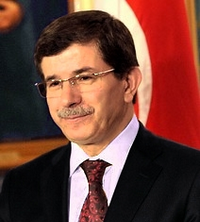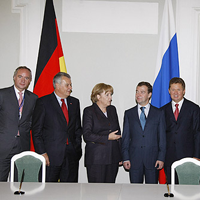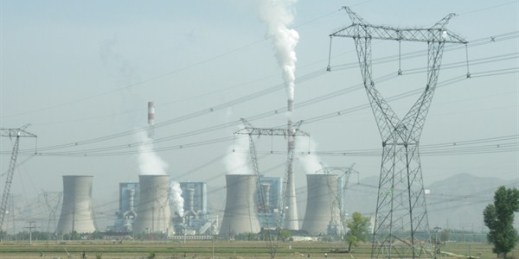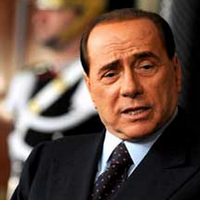
Turkey has become increasingly assertive in the Western Balkans in recent years, with Prime Minister Recep Tayyip Erdogan saying only last week that his country would be happy to mediate in bilateral talks between Kosovo and Serbia. While Turkish involvement in the region is welcomed in many quarters, some say Ankara may be overplaying its hand. Turkey’s ambitious vision for the region, which the Turkish Ottoman empire held sway over for centuries, is no secret. “The Ottoman centuries of the Balkans were success stories,” said Turkish Foreign Minister Ahmet Davutoglu on a visit to Sarajevo in October last year. “Now […]







